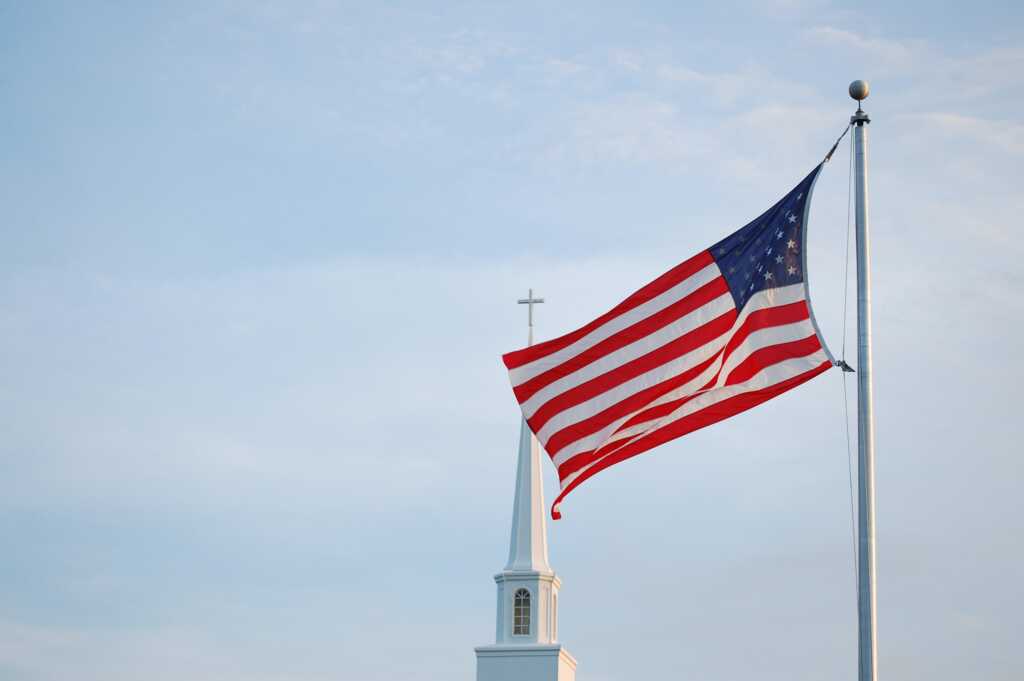Did you know: there’s a provision in the Tennessee Constitution banning ministers and preachers from serving in the state legislature? Yes, really.
Listen to the latest episode of CBN’s Quick Start podcast 👇
Article 8 of the document, which was first drafted in 1796, proclaims no ministers or priests can serve in either house of the legislature, WPLN radio reported.
Rather than a punishment or form of discrimination, the preclusion might have been codified, in part, to protect pastors and ministers from distraction — or so the language states. Preachers’ jobs were seen as so vital that politics would be an impediment.
“Whereas the ministers of the Gospel are by their professions, dedicated to God and the case of Souls and ought not to be diverted from the great duties of their functions,” the constitution reads. “Therefore no minister of the Gospel, or Priest of any denomination whatever shall be eligible to a Seat in either house of the Legislature.”
Some historical narratives do explain, though, that the language, borrowed from England, had some roots in trying to keep various individuals in the clergy out of government. Methodists were one group, based on increased political engagement, that led some in Tennessee to keep the ban in place.
It’s a complex history you can read more about here.
Today, though, the ban holds no legal weight. That portion of the state constitution hasn’t been enforced in 40 years. In fact, there are current members of the legislature who work as preachers.
Rep. Harold Love Jr. (D), Rep. Johnny Shaw (D), and Sen. Page Walley (R) are all reportedly ministers and all serve in their respective roles, according to WPLN.
Others have also served in these dual roles after the Supreme Court ruled 8-0 in the 1978 McDaniel v. Paty case the Tennessee provision violated the First Amendment’s free exercise clause. An op-ed in the Chattanooga Times Free Press has more:
But in 1977, Chattanooga’s late Rev. Paul McDaniel ran to be a delegate in a constitutional convention. His opponent, the late Selma Cash Paty, challenged his name on the ballot, citing the state constitution’s wording about clergy. She won a Tennessee Supreme Court ruling. In 1978, however, the U.S. Supreme Court decided the ban was unconstitutional.
So, Tennessee voters are being asked this election cycle to strip the language from the document once and for all. Amendment 4 is on the ballot and would do just that, which makes sense, considering it’s not being enforced and violates First Amendment liberties.
While other states had similar language in their constitutions, Tennessee has the last remaining clergy ban on the books. But that’s not the only prohibition gaining attention.
Some atheists have pointed out the next line in the constitution, seeing it as equally problematic. It reads, “No person who denies the being of God or a future State of rewards and punishments shall hold any office in the civil Department of this State.”
This atheistic ban, too, was rendered illegal by the Supreme Court’s 1961 Torcaso v. Watkins case, but the atheist language isn’t up for discussion this election cycle and will remain in the text.
This has drawn the ire of some nontheists, including Azhar Majeed, director of government affairs at The Center for Inquiry.
“If this is the way it’s going to be, it really calls into question whether atheists and other nonbelievers can get a fair shake and can be treated equally,” Majeed told WPLN.
***As the number of voices facing big-tech censorship continues to grow, please sign up for Faithwire’s daily newsletter and download the CBN News app, developed by our parent company, to stay up-to-date with the latest news from a distinctly Christian perspective.***



